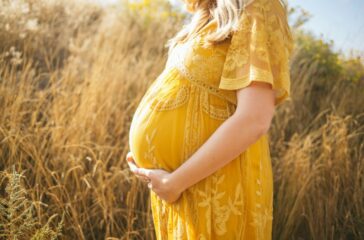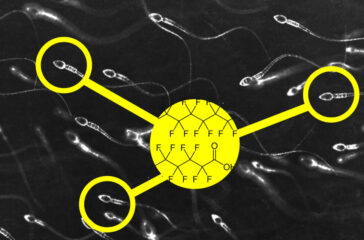New test finds more than 50 common chemicals may be linked to infertility
By Lydia Larsen
Using a new testing tool, US researchers said this week they have found more than 50 chemicals that pose a strong risk to fertility, including chemicals used in plastic water bottles and other common products.
 EWG
EWG
